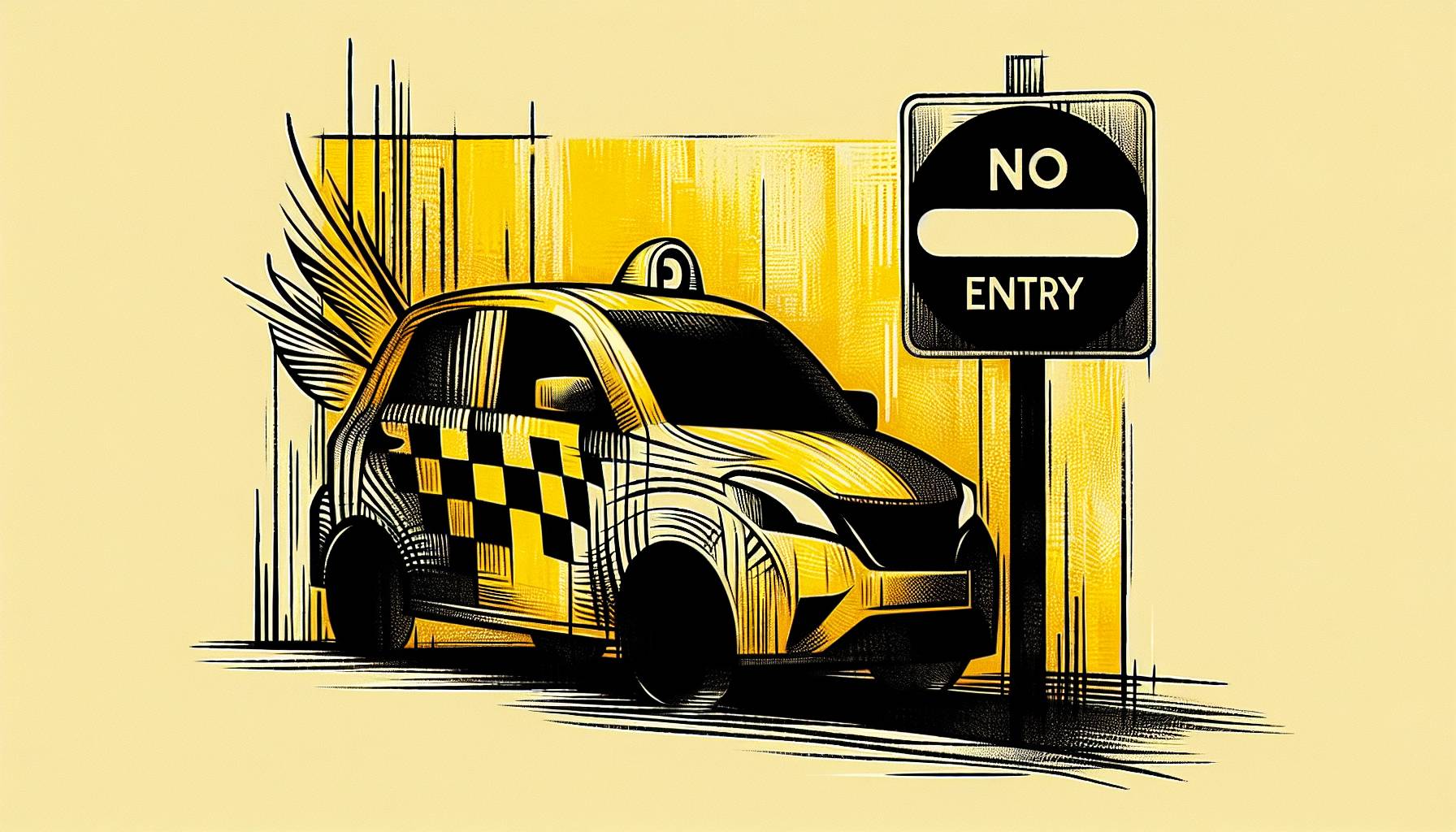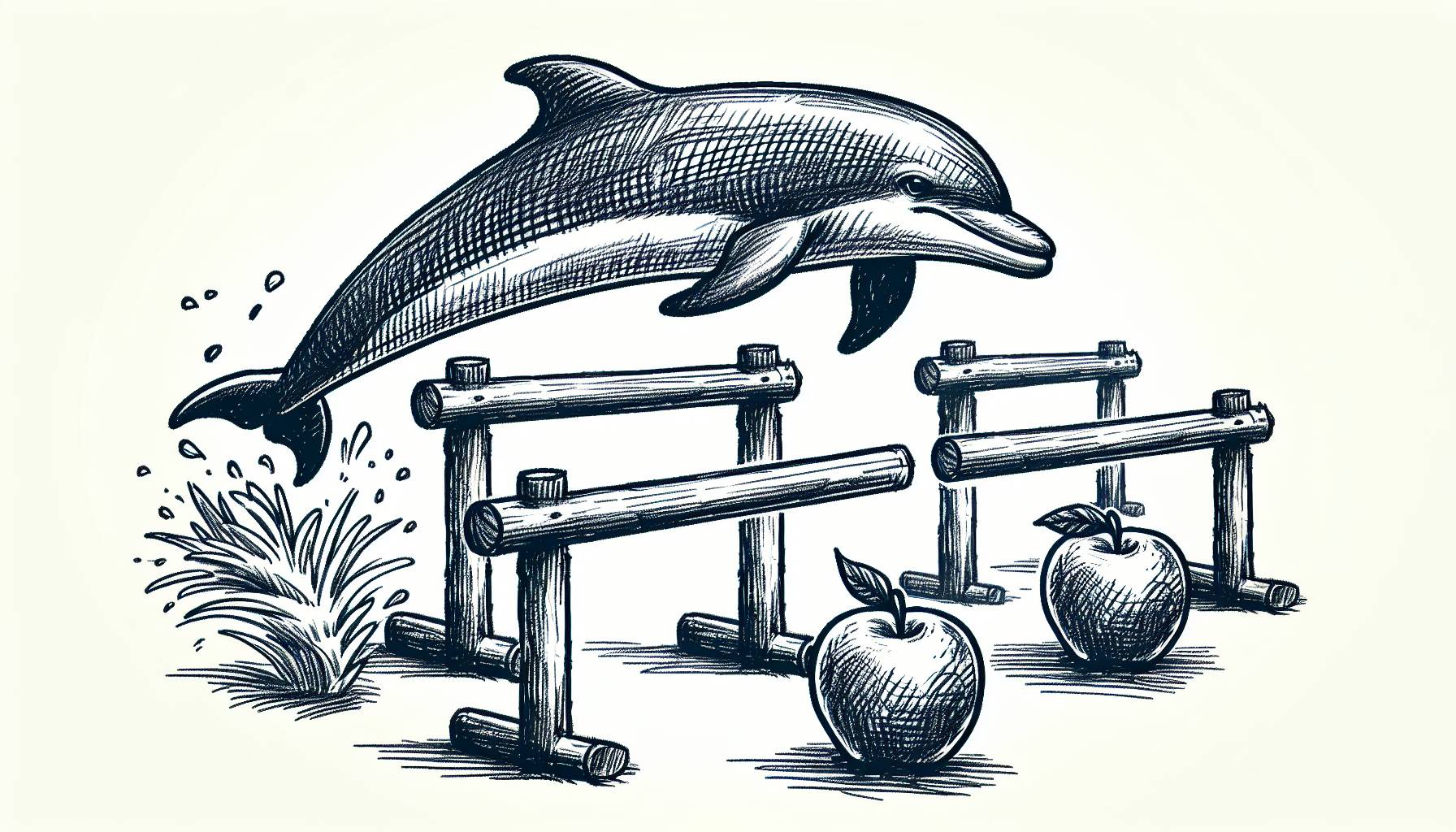This might not be a shocker to anyone, but Tapjoy is reporting that Apple’s choice to ban pay-per-install incentives in the iTunes App Store has seriously hurt game developers’ bottom lines.
The ban basically knocked out Tapjoy’s advertising program among app and game developers in the App Store. The system worked by using Tapjoy’s network to increase the popularity of games in the App Store: developers pay Tapjoy to have their apps featured in other games, and players of those games are awarded in-game currency for downloading the featured apps. Tapjoy cuts the game developers in for allowing other games to be advertised in their apps.
Apple (AAPL) recently laid a ban down on this system, however, apparently out of concerns that download incentives like the ones Tapjoy was offering were artificially pushing apps into the Top 25 rankings in the App Store because players were downloading those apps in order to earn bonuses in other games. And according to a story from VentureBeat, Tapjoy is reporting that this ban has had some major effects on the earnings of game developers in the App Store who were depending on advertising revenue from systems like Tapjoy’s in order to create a more stable financial platform. One developer, Glu, pulled down $2.9 million from incentivized downloads in the last quarter before the ban, according to a story from Pocket Gamer.
Here’s a quote from the VentureBeat story:
“Mihir Shah, chief executive of Tapjoy, met with Apple to try to convince the company to allow a limited amount of pay-per-install promotions, with a cap that prevented developers from buying their way into the top 25. But Apple disallowed even that kind of compromise, according to Tapjoy.”
Tapjoy says it surveyed 496 iOS developers that have used its services and found that users aren’t happy about losing the ability to grab in-game currency incentives for downloading other apps – about half of the developers surveyed said they’d received complaints. Tapjoy also says that by a ratio of 15-to-1, developers reported a decline of revenue after the ban, and that two-thirds of the developers surveyed said incentivized downloads were responsible for at least 20 percent of their revenues. A large number of developers also saw their game usage decrease after the ban, the survey found.
Apple isn’t really talking about the ban, but VentureBeat and Tapjoy speculate that developers might find themselves wandering over to Google’s (GOOG) Android platform to sell their games, since there are no such incentivized download restrictions there.












